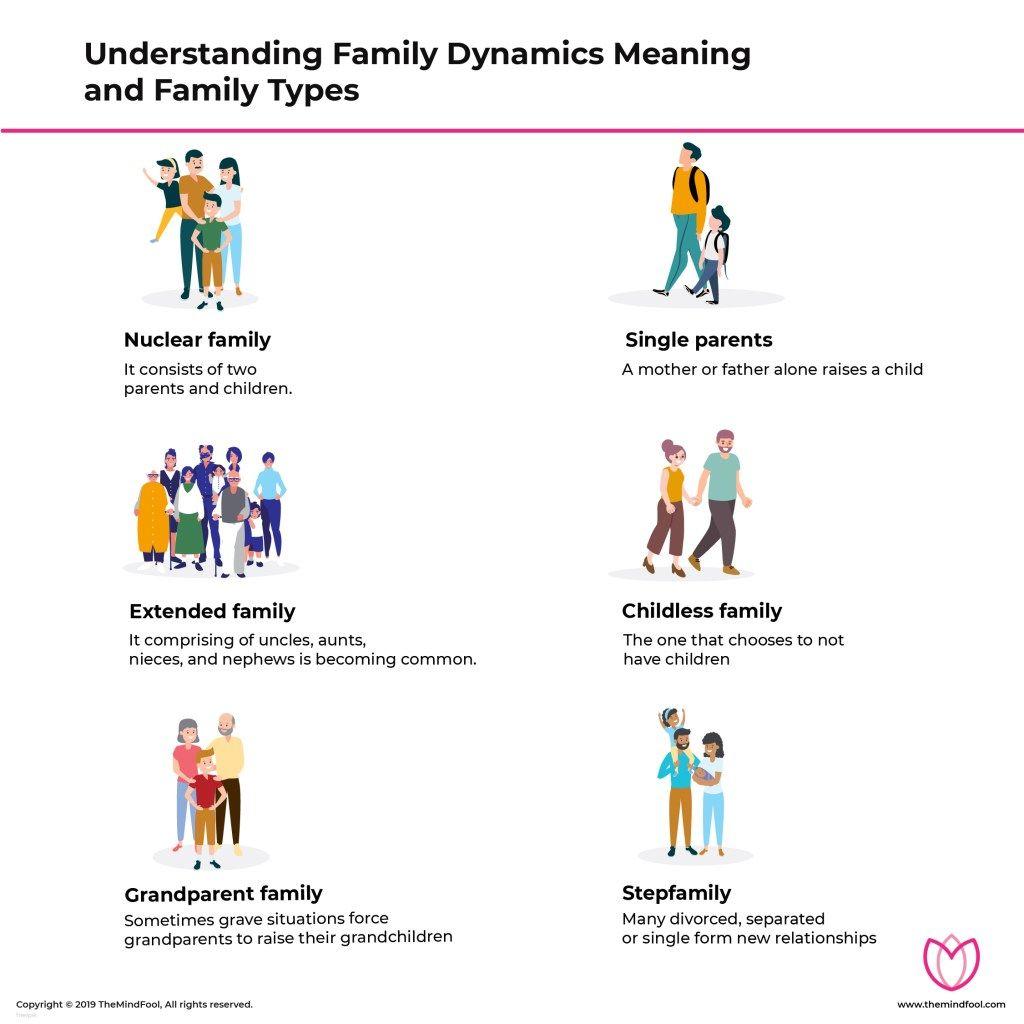Adolescent depression is an increasingly prevalent concern that demands a nuanced understanding and a strategic approach to management within family settings. As the teenage years are characterized by significant emotional and psychological development, the onset of depression can disrupt this critical phase, impacting not only the affected individuals but also their families. Addressing adolescent depression requires more than clinical intervention; it necessitates the integration of mental health techniques that families can employ to create a supportive environment conducive to recovery and resilience. This article delves into evidence-based strategies that empower families to effectively manage adolescent depression, fostering open communication, emotional validation, and collaborative problem-solving. By examining the interplay between familial dynamics and mental health, we aim to equip families with the tools needed to navigate this complex landscape with confidence and empathy.
Understanding the Impact of Family Dynamics on Adolescent Depression
Family dynamics play a crucial role in shaping the mental health of adolescents, especially when it comes to depression. The emotional climate at home can significantly influence an adolescent’s mental well-being. Key factors such as parental support, communication patterns, and family stress levels can either mitigate or exacerbate depressive symptoms. When families maintain open lines of communication and foster an environment of trust and support, adolescents are more likely to express their feelings and seek help when needed. Conversely, environments characterized by high conflict, lack of emotional support, or inconsistent parenting can intensify feelings of isolation and anxiety, contributing to the development of depression.
To effectively manage adolescent depression within the family context, consider these strategies:
- Open Communication: Encourage regular family discussions where everyone can express their thoughts and feelings without judgment.
- Parental Involvement: Stay actively involved in your adolescent’s life, showing interest in their activities and friendships.
- Stress Management: Implement stress-reducing activities such as family outings, relaxation techniques, or mindfulness practices.
- Consistent Routines: Establish a stable daily routine to provide a sense of security and predictability.
By understanding and addressing the nuances of family dynamics, families can create a nurturing environment that supports the mental health of adolescents, helping to alleviate the burden of depression.

Effective Communication Strategies for Supporting Depressed Teens
When dealing with adolescents experiencing depression, effective communication is crucial in creating a supportive environment. Active listening plays a pivotal role, where parents and guardians should focus on truly hearing what their teens are saying, both verbally and non-verbally. This involves maintaining eye contact, nodding in understanding, and avoiding interruptions. By demonstrating genuine interest and empathy, caregivers can help teens feel valued and understood.
Another essential strategy is maintaining open-ended communication. This can be achieved by asking questions that encourage more detailed responses rather than simple yes or no answers. Questions like “How did that make you feel?” or “What do you think would help in this situation?” can facilitate deeper discussions. Additionally, it’s important to avoid judgmental language and instead use supportive phrases that validate their feelings, such as “I understand that this is difficult for you.” Implementing these strategies can foster a trusting relationship, enabling adolescents to express their emotions more freely and seek the help they need.
- Active Listening: Eye contact, nodding, avoiding interruptions
- Open-Ended Questions: Encourage detailed responses
- Supportive Language: Validate their feelings
Implementing Evidence-Based Therapeutic Techniques in Family Settings
Incorporating evidence-based therapeutic techniques within family settings can profoundly enhance the management of adolescent depression. One effective approach is Cognitive Behavioral Therapy (CBT), which helps adolescents and their families identify and alter negative thought patterns and behaviors. This technique not only empowers the adolescent to recognize triggers but also involves the family in creating a supportive environment. By understanding the cognitive distortions that may affect their loved ones, family members can play a crucial role in the therapeutic process.
- Family Therapy: Engages the entire family in therapy sessions to address communication barriers and improve familial relationships, fostering a supportive home environment.
- Interpersonal Therapy (IPT): Focuses on improving interpersonal relationships and social functioning, which can alleviate symptoms of depression in adolescents.
- Mindfulness-Based Stress Reduction (MBSR): Encourages mindfulness practices within the family, promoting emotional regulation and reducing stress.
Integrating these techniques requires commitment and consistency from all family members. By leveraging these structured approaches, families can significantly mitigate the impact of adolescent depression, paving the way for healthier relationships and improved mental well-being.

Building Resilience and Coping Mechanisms within Family Units
Adolescence is a pivotal period that can be fraught with emotional upheaval, and when depression strikes, the entire family unit feels its impact. To effectively manage this challenge, families can benefit from establishing resilience-building practices that foster a supportive environment. One effective approach is implementing open communication channels. Encourage regular family meetings where everyone has a chance to express their feelings and thoughts without judgment. This creates a safe space for adolescents to voice their struggles, promoting mutual understanding and empathy.
Additionally, incorporating mindfulness and stress-reduction techniques can significantly enhance emotional resilience. Families might consider engaging in activities such as yoga, meditation, or even simple breathing exercises together. These practices not only help reduce stress but also strengthen family bonds. Moreover, creating a routine that includes physical activity can be beneficial. Regular exercise has been shown to improve mood and can serve as a natural antidote to depression. Lastly, maintaining a balanced family schedule that prioritizes downtime and self-care is crucial. By setting aside time for relaxation and fun, families can nurture a harmonious environment that supports the mental well-being of all members.
- Facilitate open communication with regular family meetings.
- Engage in mindfulness practices like yoga or meditation.
- Incorporate regular physical activities into family routines.
- Prioritize downtime and self-care in family schedules.



